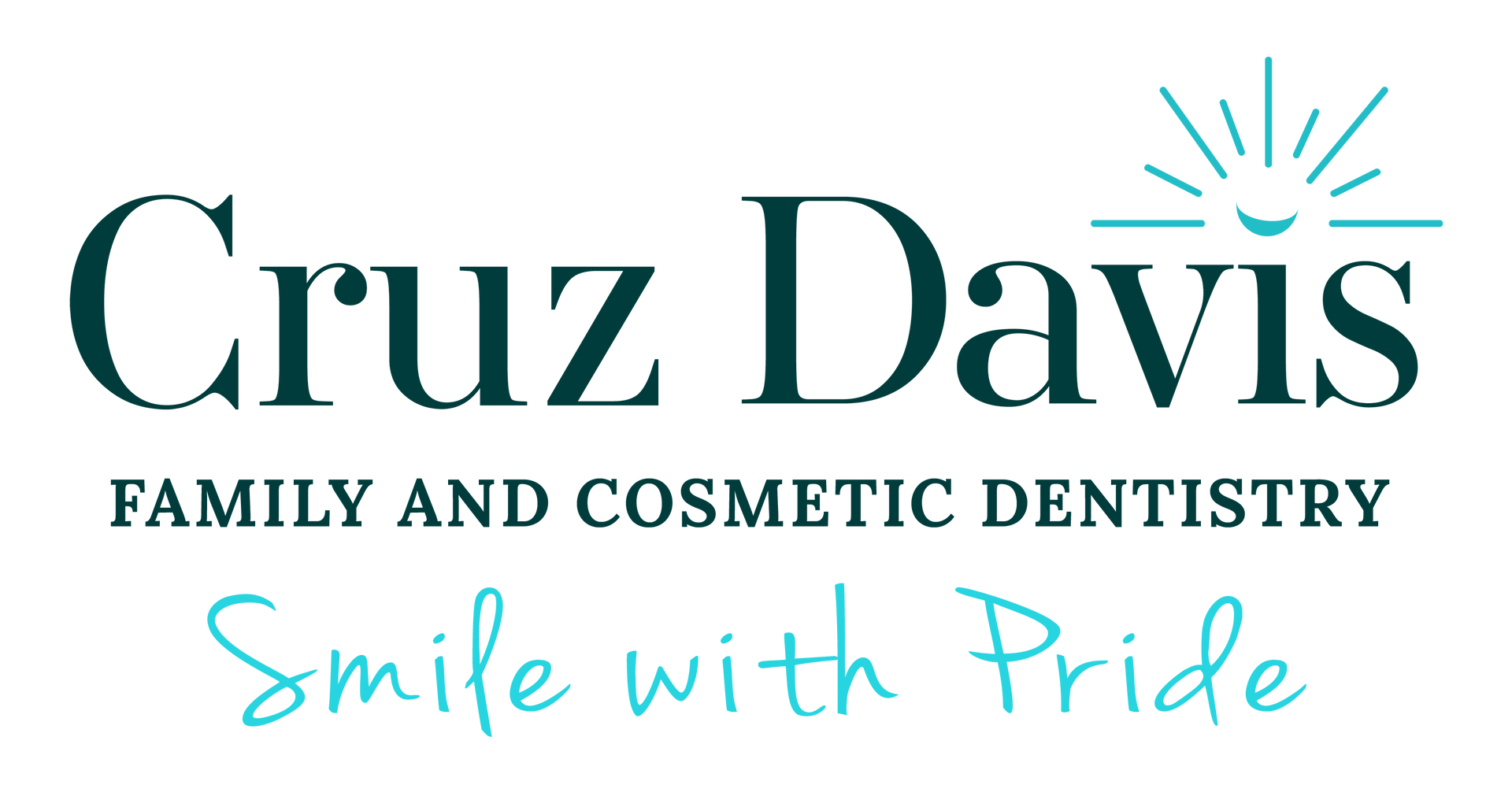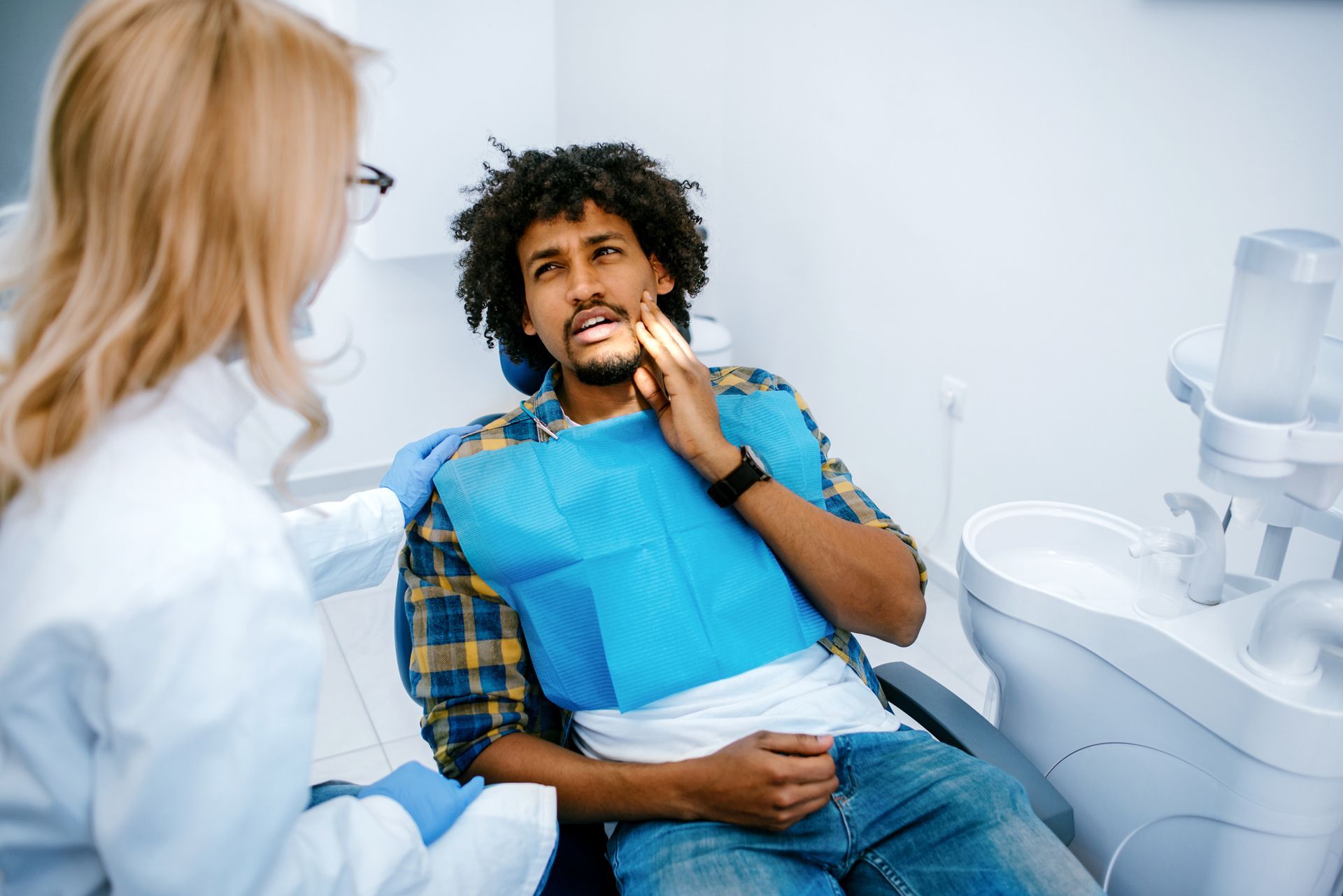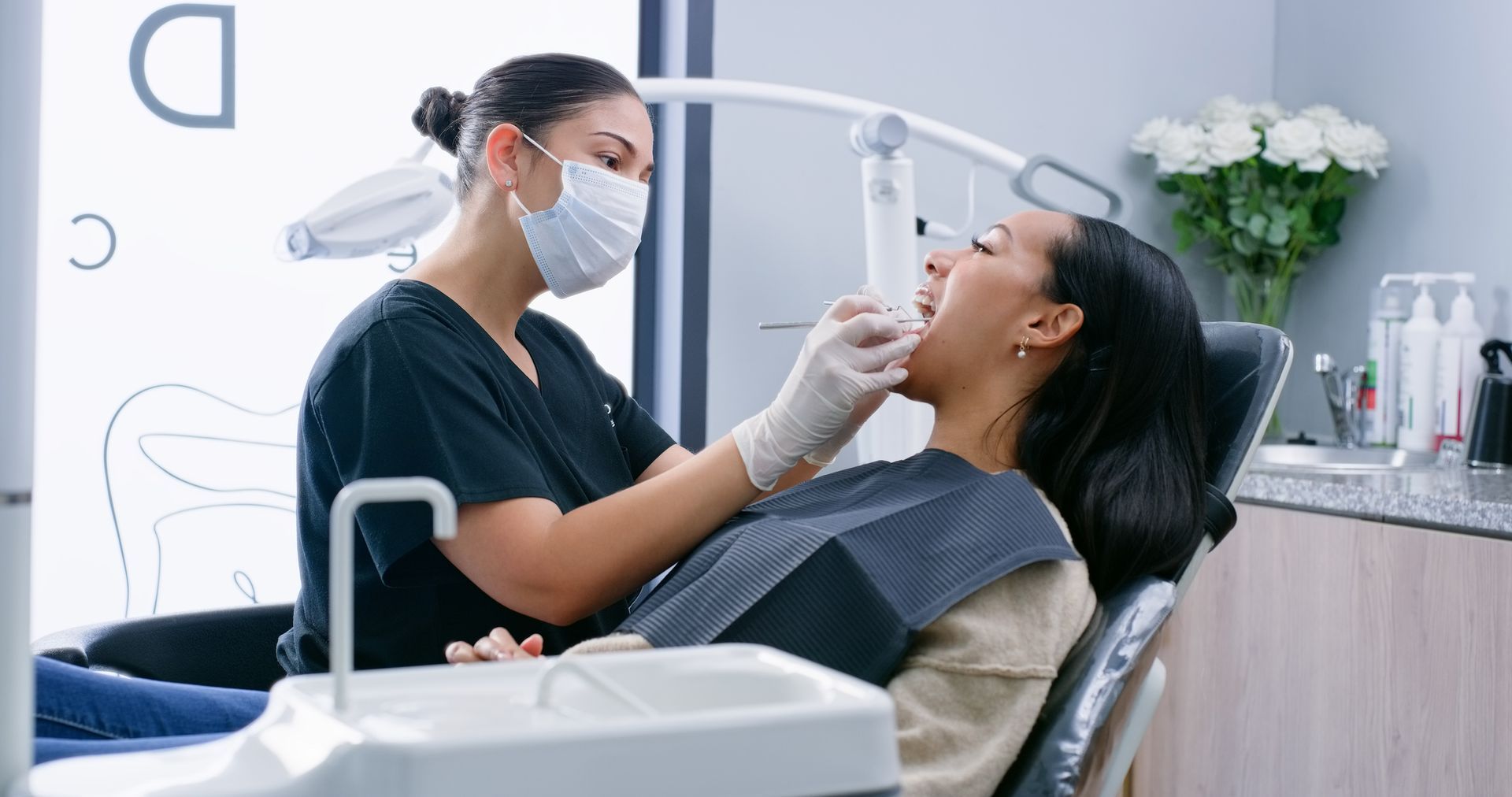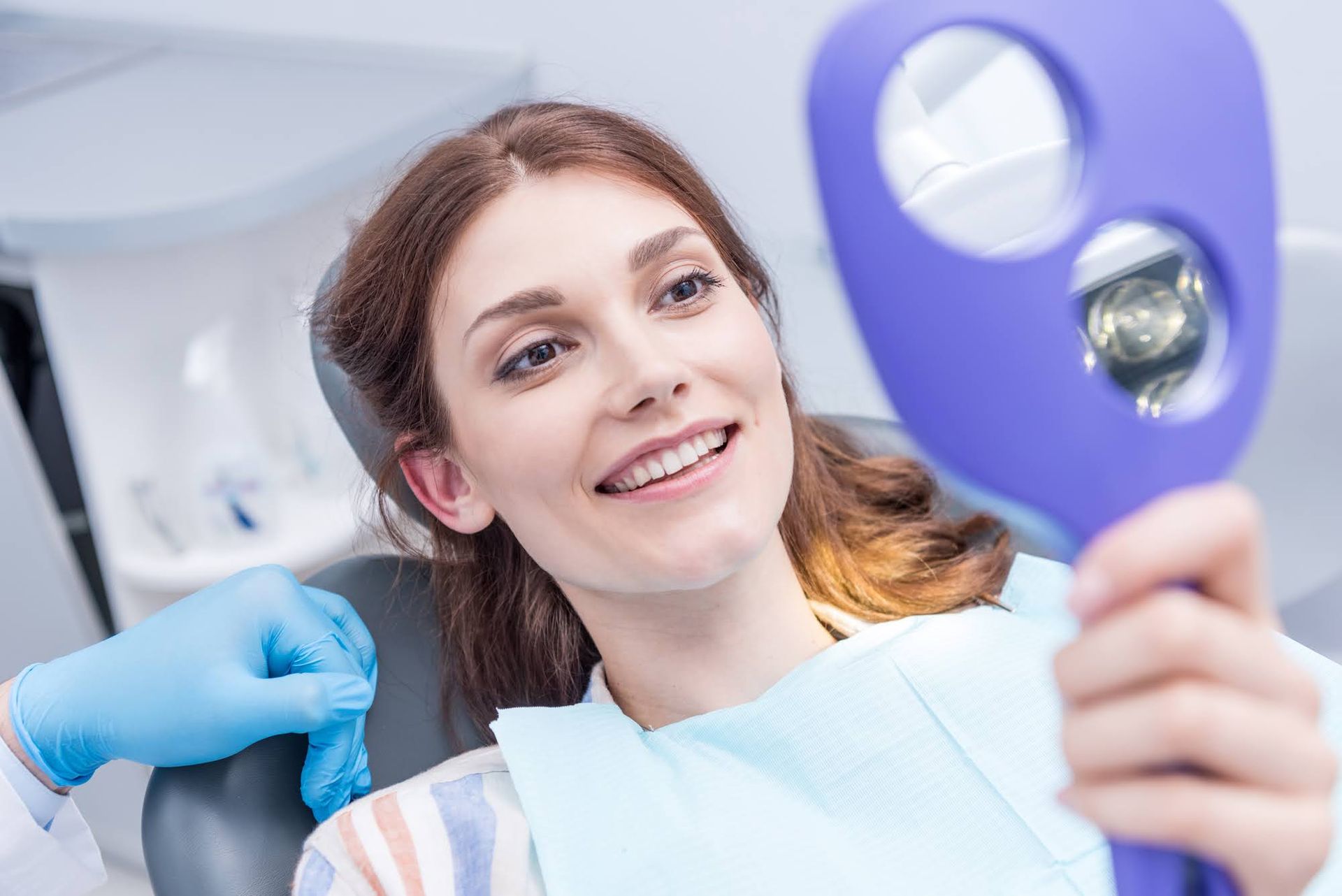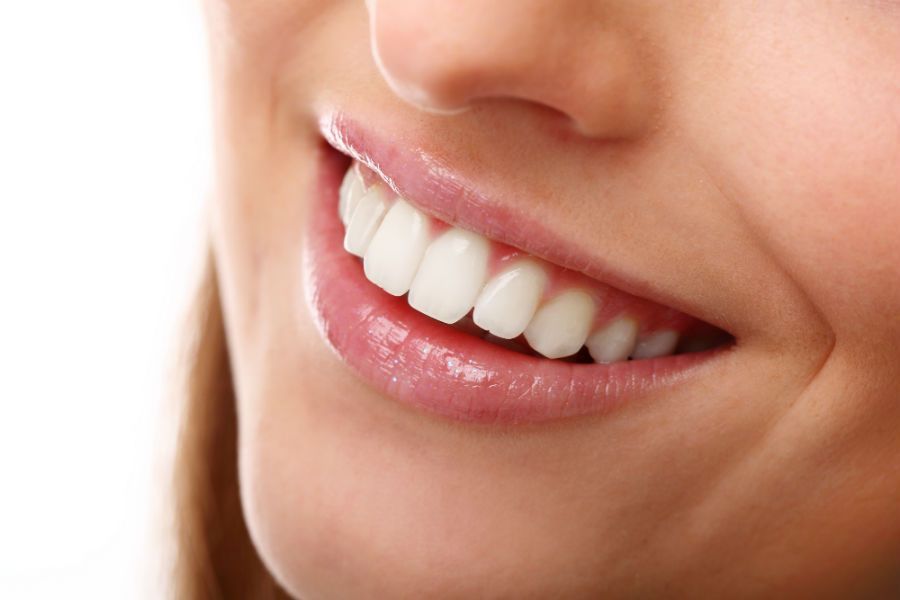Dentist’s Guide to Quicker Recovery After Your Oral Surgery
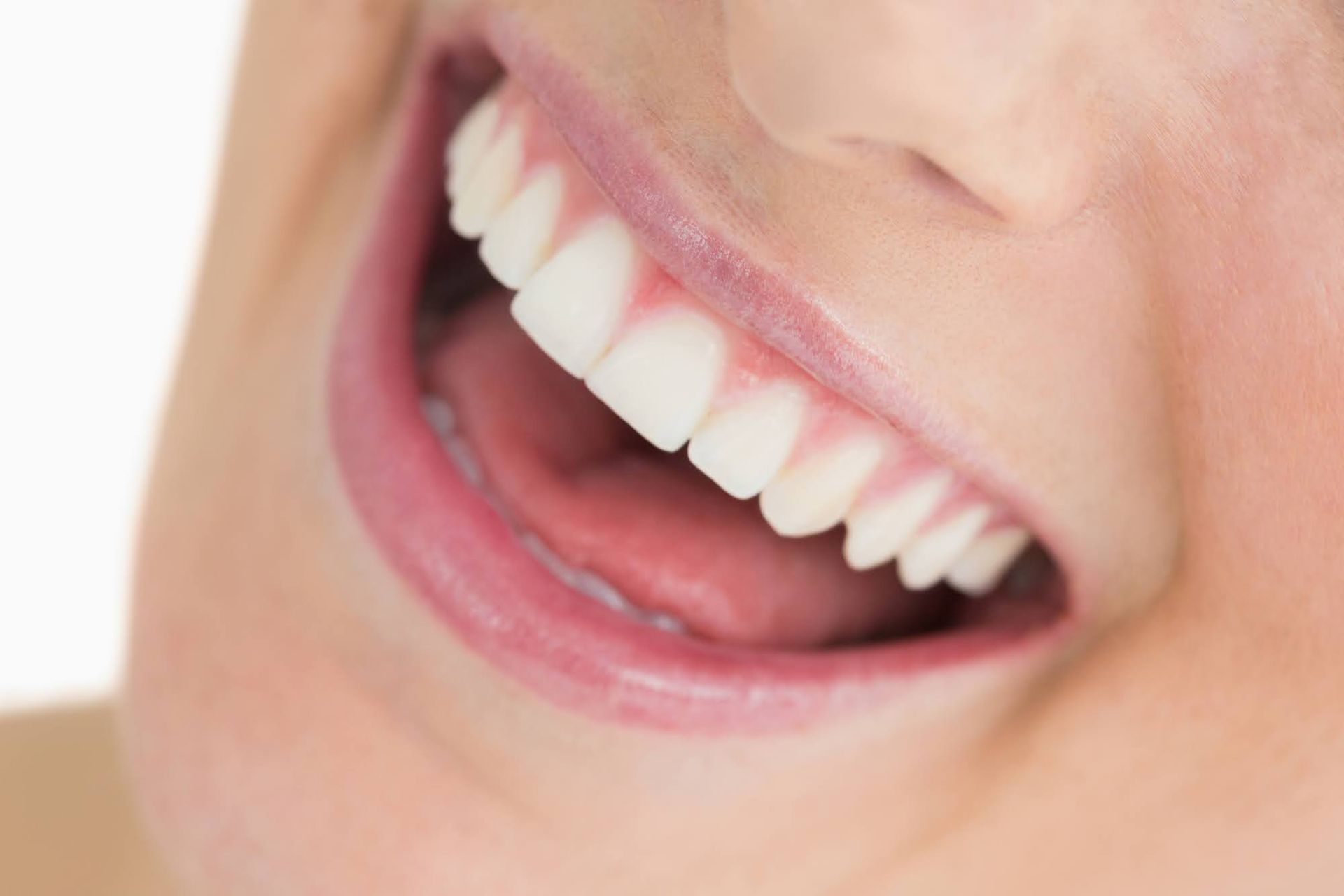
After successfully undergoing oral surgery, you may feel discomfort and pain. Taking care of your mouth after oral surgery is crucial for a smooth recovery. Here are some general tips that can help.
Take It Easy
If you received a sedative during the procedure, it's likely that you'll experience drowsiness. As a result, refrain from activities that demand concentration, such as driving a car.
Avoid strenuous activities. Rigorous movements or lifting objects can dislodge blood clots that might have formed due to the procedure. This can lead to bleeding or other complications
Protect the Surgical Area
Excessive talking can strain the surgical site, potentially causing bleeding and irritation. It may also remove any protective materials or stitches on the wound. Avoid eating and drinking for the first few hours after surgery.
Consuming food or beverages can disrupt the healing process by introducing foreign particles. This can lead to infection or irritation. Additionally, the act of chewing can put pressure on the surgical site, which you should avoid in the immediate aftermath of the procedure.
Spitting forcefully can disturb the blood clot that forms at the surgical site. This blood clot is crucial for wound healing. It helps to protect the wound, control bleeding, and promote tissue regrowth. Dislodging the blood clot prematurely can lead to complications such as dry socket. Dry socket is a painful condition that occurs due to exposure of a person's nerves and bones.
Drink Lots of Water
Staying hydrated promotes better circulation. Vital nutrients and oxygen are delivered to the surgical site more effectively. This aids in faster tissue repair and overall healing.
Keeping the surgical site clean and free of debris is essential to prevent infections. Drinking water helps flush out bacteria, food particles, and other debris from your mouth. This reduces the chances of complications.
Drinking water also helps stimulate saliva production. Saliva is a natural cleanser that helps wash away bacteria, acids, and food particles.
Maintain Oral Hygiene
It's important to avoid disturbing the wound immediately after surgery. But maintaining good oral hygiene starting from the day after the surgery aids in successful recovery. Here are some general guidelines to follow:
- Brushing: Gently brush your teeth the day after surgery, using a soft-bristle toothbrush. Be cautious around the surgical site to avoid disrupting any stitches or sutures. If there's any discomfort, you can use a saltwater rinse to help clean the area.
- Mouthwash: If your dentist recommends it, use an antimicrobial or prescribed mouthwash to rinse your mouth. This can help keep the surgical site clean and minimize the risk of infection. Follow the recommended frequency and duration provided by your dentist.
- Gel or Ointment: Some dental surgeries might require the application of a gel or ointment to the surgical site. Follow your dentist's instructions on how and when to apply these products. They can aid in healing and provide a barrier against harmful bacteria.
- Saltwater Rinse: Rinsing your mouth with a warm saltwater solution can help keep the area clean and soothe any discomfort. Mix about half a teaspoon of salt in a glass of warm water and rinse gently after meals.
Proper oral hygiene is crucial after dental surgery to promote healing and prevent infection.
Strictly Follow Doctor's Advice
Your dentist provides post-operative instructions. These instructions help reduce the risk of infection, excessive bleeding, and other complications. Following your dentist's instructions can help you recover faster. This helps you to resume your normal activities sooner. If you experience any issues during your recovery, contact the dentist immediately.
For trusted family dental care, choose Cruz Davis Family and Cosmetic Dentistry in Gainesville, FL. Our services include routine cleanings and complex procedures. We deliver these services in a welcoming, family-friendly setting. Contact us for inquiries and appointments.

